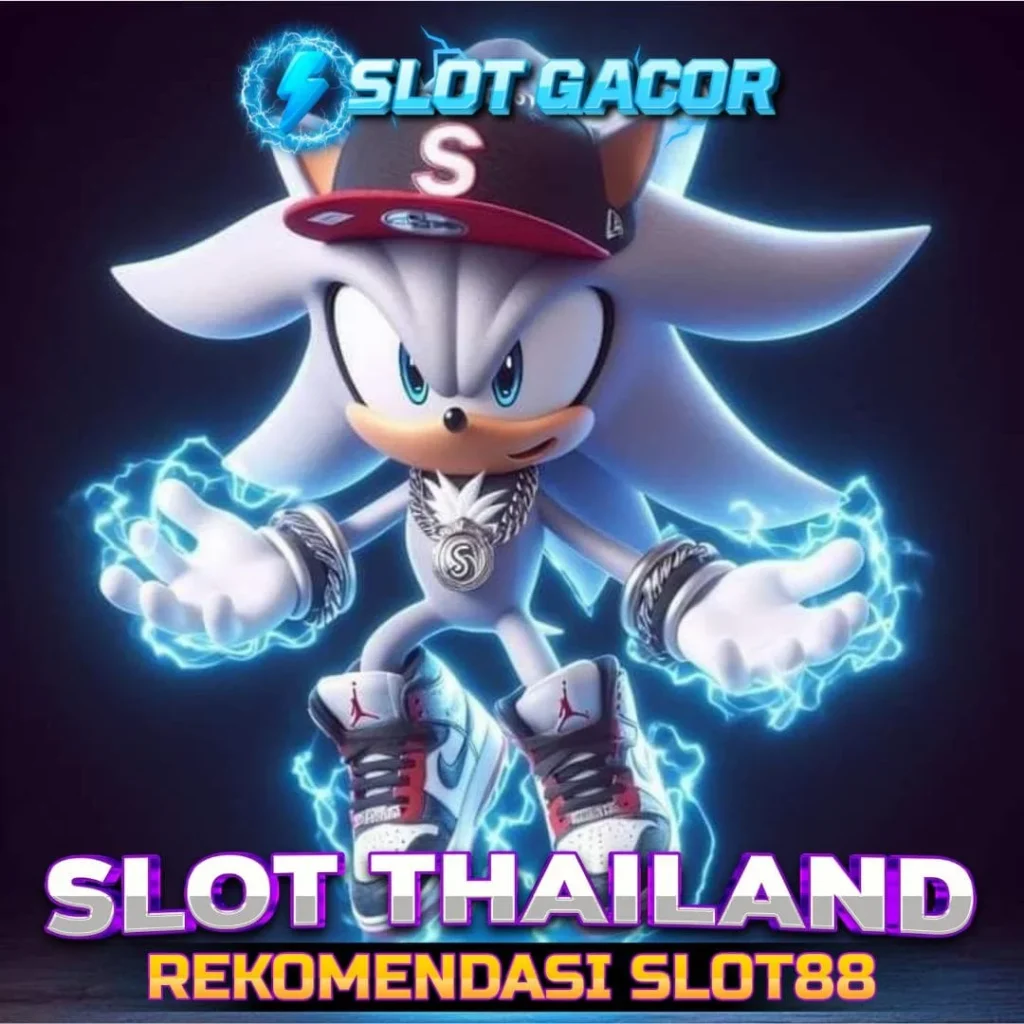Eksplorasi Best Games di Dunia PlayStation dan PSP
PlayStation selalu menjadi simbol kualitas tinggi dalam dunia gaming. PlayStation games mampu hino99 menghadirkan pengalaman bermain yang imersif, grafis memukau, gameplay menantang, dan cerita yang menarik. Banyak judul masuk daftar best games karena kombinasi tersebut menciptakan pengalaman bermain yang tidak hanya seru tetapi juga berkesan. Keunggulan PlayStation terlihat tidak hanya pada konsol utama, tetapi juga pada PSP games, yang menghadirkan kualitas serupa dalam format portabel.
Salah satu keunggulan utama PlayStation adalah eksklusivitas gamenya. Judul seperti Spider-Man dan Bloodborne menawarkan dunia luas, karakter kompleks, dan alur cerita mendalam. Pemain merasa terlibat dalam perjalanan karakter sehingga pengalaman bermain terasa seperti petualangan sinematik. Hal ini membuat banyak PlayStation games selalu masuk daftar best games, karena mampu memikat secara emosional selain menghibur.
Selain konsol utama, PSP games memberikan pengalaman bermain fleksibel. Konsol portabel ini memungkinkan gamer menikmati game berkualitas tinggi di mana pun berada. Judul seperti Crisis Core: Final Fantasy VII dan Patapon membuktikan bahwa portabilitas tidak mengurangi kualitas gameplay maupun cerita. Banyak PSP games tetap diminati karena pengalaman bermainnya mendalam dan menantang.
PlayStation juga unggul dalam keberagaman genre. Dari RPG, petualangan, aksi, horor, balap, hingga olahraga, semuanya hadir dengan kualitas tinggi. Game indie pun diberikan ruang untuk berkreasi, memberikan pengalaman berbeda dari mainstream. Hal ini membuat katalog PlayStation games selalu menarik dan kaya variasi bagi pemain.
Faktor komunitas dan multiplayer menambah dimensi pengalaman bermain. Fitur online memungkinkan pemain bersaing atau bekerja sama dengan gamer di seluruh dunia. Fitur multiplayer ad-hoc pada PSP games menjadi fondasi bagi sistem online modern. Interaksi sosial ini membuat permainan lebih menarik dan kompetitif.
Nostalgia menjadi magnet bagi gamer veteran. Banyak judul klasik PlayStation dan PSP masih dimainkan karena gameplay dan cerita yang tetap relevan. Remaster atau remake menegaskan bahwa kualitas game klasik tetap tinggi, memperkuat posisi PlayStation sebagai platform yang menghadirkan best games lintas generasi.
Secara keseluruhan, PlayStation berhasil memadukan inovasi, gameplay mendalam, cerita kuat, dan komunitas aktif. Dari konsol rumahan hingga PSP games, platform ini tetap menjadi andalan bagi para gamer yang mencari pengalaman bermain berkualitas dan berkesan.






